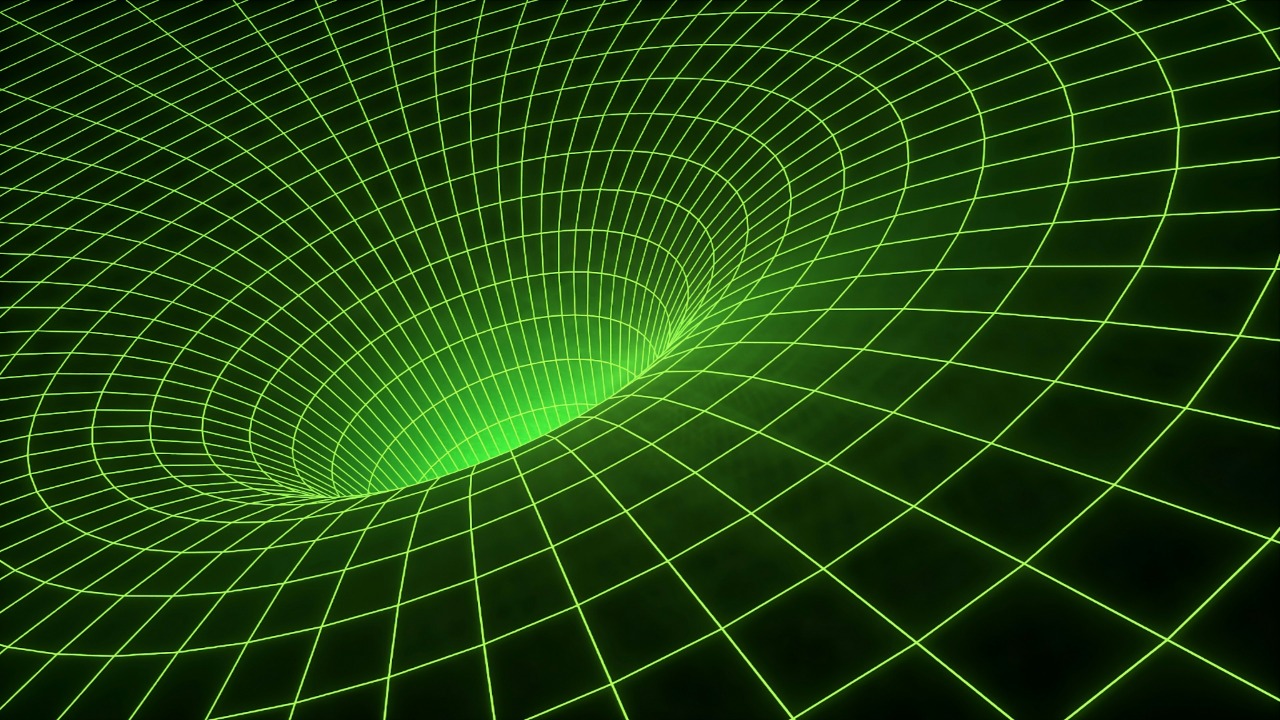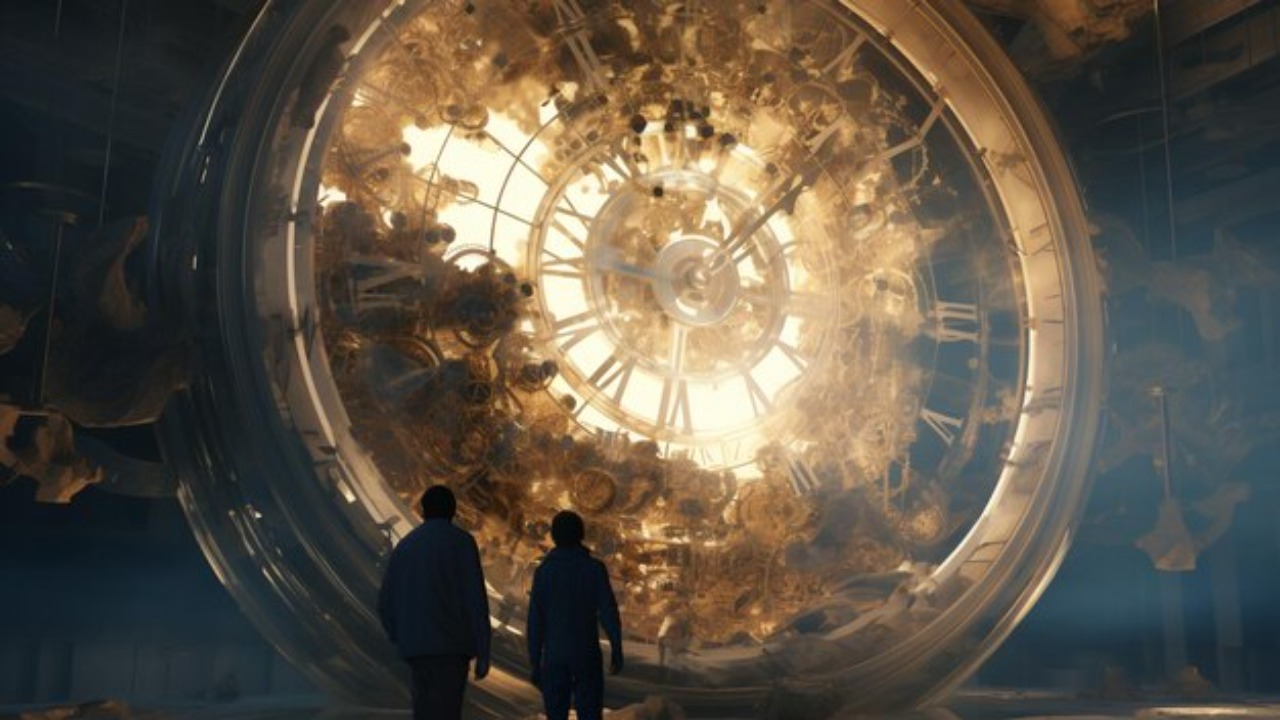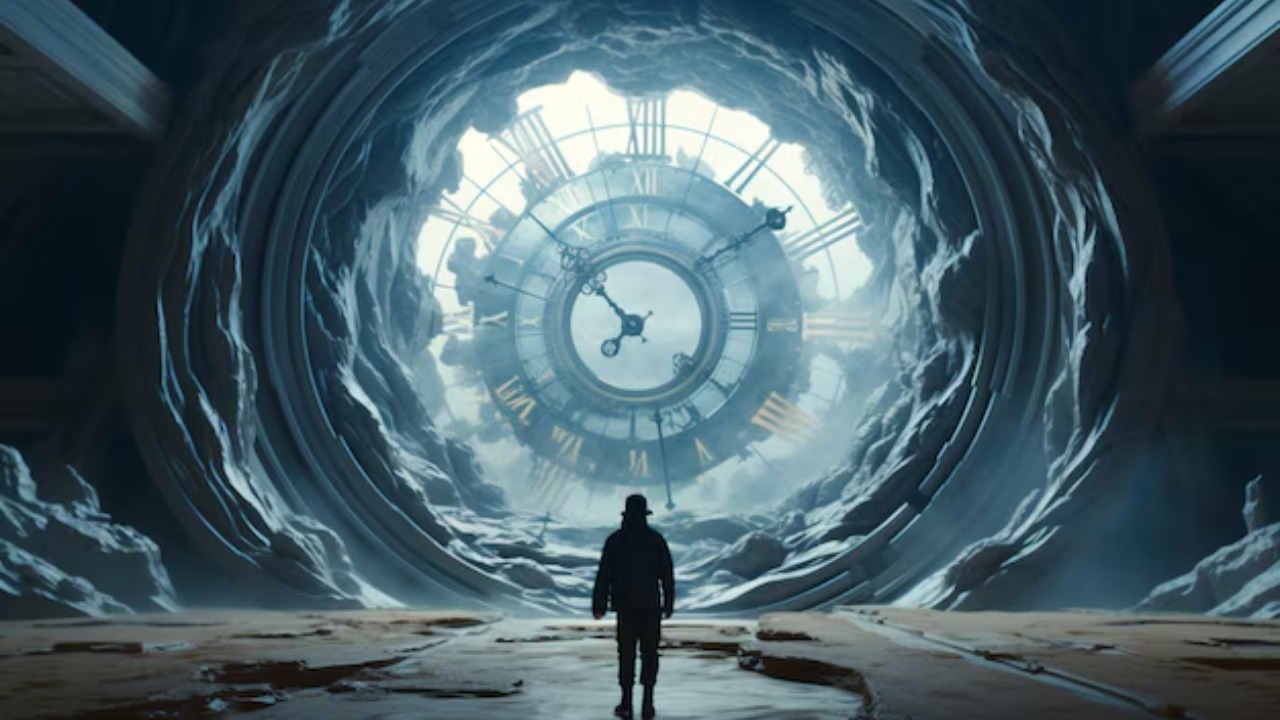Time travel has long been a staple of science fiction, captivating imaginations with the possibility of moving through time as easily as we travel through space. However, the question remains: how close are we to making this a reality? By examining current theories in physics, we can explore the potential and limitations of time travel as we understand it today.
Theoretical Foundations of Time Travel

Einstein’s Theory of Relativity
Einstein’s Theory of Relativity laid the groundwork for modern physics by introducing the idea that time is not a constant. According to his equations, time can be affected by speed and gravity, leading to phenomena such as time dilation. This suggests that as an object’s speed approaches the speed of light, time for that object would slow relative to a stationary observer. This concept opens the door to the idea that traveling at such high speeds could effectively allow for forward time travel.
Relativity also posits that massive objects can warp spacetime, creating gravitational fields that affect time. This raises the tantalizing possibility of using these gravitational effects to alter time’s flow, although practical applications remain elusive. For more on this, you can explore discussions on Reddit where enthusiasts debate these complex ideas.
Wormholes and Cosmic Strings
Theoretical constructs like wormholes and cosmic strings offer potential pathways for time travel through shortcuts in spacetime. Wormholes, hypothetical tunnels connecting distant points in spacetime, could allow for rapid travel between different times and places. However, the stability and existence of such structures are highly speculative, as they require exotic matter to prevent collapse.
Cosmic strings, on the other hand, are hypothetical one-dimensional defects in spacetime predicted by some models of the early universe. If they exist, they could theoretically create closed timelike curves, allowing for time loops. Yet, both wormholes and cosmic strings remain largely in the realm of theory, with no empirical evidence to support their existence.
Quantum Mechanics and Time Loops
Quantum mechanics introduces additional possibilities for time travel, particularly through the concept of time loops. Some interpretations suggest that quantum particles can influence past events, creating potential pathways for backward time travel. The idea of quantum superposition also hints at parallel timelines, where different outcomes coexist.
Research in quantum mechanics continues to uncover the strange and counterintuitive nature of time at the microscopic level, although translating these findings into macroscopic time travel remains a significant challenge.
Current Scientific Approaches

Experiments and Observations
Recent experiments have tested aspects of time travel theories, such as those conducted in particle accelerators. By accelerating particles to near-light speeds, scientists have observed time dilation effects consistent with relativity. These experiments validate the theoretical underpinnings but fall short of enabling practical time travel.
Observations of cosmic phenomena, such as black holes and neutron stars, also provide natural laboratories for studying extreme gravitational effects on time. However, translating these observations into actionable technology presents formidable challenges.
Technological Challenges
The engineering hurdles for time travel are significant, with energy requirements being one of the most daunting. Creating and maintaining a stable wormhole, for example, would require more energy than humanity currently possesses. Additionally, the stability of such constructs remains an open question, as any disturbances could lead to catastrophic collapse.
Beyond energy, other challenges include the development of materials and technologies capable of withstanding extreme conditions. While advancements in quantum computing offer some hope, they are still far from achieving the precision and control needed for time travel.
Ethical and Philosophical Questions
Time travel raises profound ethical and philosophical questions, particularly concerning causality. The potential to alter past events introduces paradoxes, such as the grandfather paradox, where a time traveler could prevent their own existence. These paradoxes challenge our understanding of logic and reality.
The philosophical debates extend to the nature of identity and memory. If time travel could result in memory loss or identity confusion, as some research suggests, it could fundamentally alter our perception of self and continuity.
Potential Side Effects and Risks

Memory and Identity Issues
Research into the potential effects of time travel on memory and identity highlights significant concerns. The dislocation in time could lead to memory loss, as the brain struggles to reconcile different timelines. Identity confusion could also arise, as individuals find themselves in unfamiliar temporal contexts.
These psychological effects underscore the risks associated with time travel, suggesting that even if technologically feasible, it might carry unintended consequences for human consciousness.
Paradoxes and Logical Inconsistencies
Time travel is rife with paradoxes, such as the classic grandfather paradox, where altering past events creates logical inconsistencies. Solutions to these paradoxes often involve complex theories like parallel universes or self-consistent timelines, yet none offer conclusive resolutions.
The persistence of these paradoxes indicates the profound challenges in reconciling time travel with our current understanding of physics and logic.
Impact on Reality and Perception
Altering the timeline through time travel could have far-reaching effects on reality and our perception of it. Even minor changes could cascade into significant alterations to history, leading to unpredictable outcomes.
This potential for drastic change challenges our understanding of causality and determinism, raising questions about the nature of reality itself.
Future Prospects and Speculation

Scientific Breakthroughs on the Horizon
Several areas of research hold promise for advancing our understanding of time travel. Quantum computing, for instance, could unlock new insights into the nature of time and space. Although we’re far from realizing practical time travel, these advancements offer hope for future breakthroughs.
As our understanding of quantum mechanics and relativity deepens, new theories may emerge that redefine the possibilities of time travel.
Public and Academic Interest
Time travel continues to captivate both the public and the scientific community. Its portrayal in popular culture fuels imagination and curiosity, while academic research pushes the boundaries of what we know and understand.
This enduring interest ensures that time travel remains an active area of inquiry, inspiring future generations of scientists and thinkers.
Speculative Scenarios
Imagining future scenarios where time travel becomes feasible opens a world of possibilities. Societal changes could include new ethical frameworks, economic implications, and shifts in how we perceive history and future potential.
While speculative, these scenarios challenge us to think creatively about the implications and responsibilities that come with such transformative technology.
Limitations and Current Consensus

Scientific Consensus and Skepticism
The scientific consensus on time travel remains skeptical, with many physicists considering it unlikely given current understanding. While theories provide intriguing possibilities, the lack of empirical evidence and practical solutions tempers expectations.
Skepticism is rooted in the formidable challenges of reconciling time travel with known physical laws and the absence of experimental verification.
Physical Limitations
Physical constraints, such as the speed of light and energy requirements, pose significant barriers to time travel. These limitations may prove insurmountable, preventing the realization of time travel as depicted in fiction.
While imagination drives scientific inquiry, these known constraints remind us of the gap between theoretical possibilities and practical realities.
The Role of Imagination in Science
Despite the challenges, the concept of time travel continues to inspire scientific innovation and exploration. It encourages us to question assumptions, explore new theories, and push the boundaries of what we know.
Even if time travel remains out of reach, its influence on science and culture endures, fostering a spirit of curiosity and discovery.